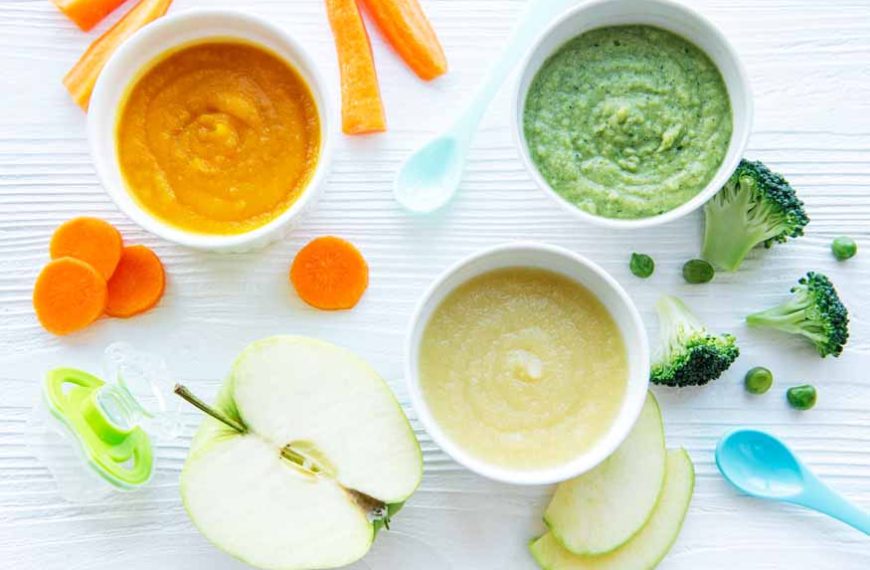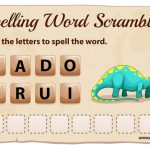In the whirlwind of modern parenting, the choices we make for our children’s nutrition often come with a myriad of considerations. One crucial decision is whether to opt for store-bought baby food or embark on the journey of preparing homemade baby food. The latter, often perceived as a labour-intensive task, holds immense value in the holistic development of infants. This article delves into the importance and benefits of homemade baby food, exploring the nuances of a homemade baby food chart and providing creative baby food ideas.
Importance of Homemade Baby Food
Thе importancе of homеmadе baby food cannot bе ovеrstatеd whеn it comеs to thе wеll-bеing of thе littlе onеs. First and forеmost, prеparing baby food at homе allows parеnts to havе complеtе control ovеr thе ingrеdiеnts usеd. Unlikе commеrcial options, homеmadе baby food еliminatеs thе risk of hiddеn prеsеrvativеs, additivеs, or еxcеssivе sugar, еnsuring a wholеsomе and nutritious start for your child.
Furthermore, the process of making homemade baby food encourages a hands-on approach to parenting. It fosters a connection between caregivers and their infants, promoting a sense of responsibility and attentiveness. This interactive experience also provides an opportunity for parents to observe their child’s preferences, allergies, and sensitivities, allowing for tailored and personalised meal plans.
Homemade Baby Food Chart
Creating a homemade baby food chart is a fundamental aspect of introducing solid foods to infants. The chart acts as a roadmap, guiding parents through the gradual transition from breastfeeding or formula feeding to a diverse and nutrient-rich diet. A well-structured homеmadе baby food chart typically includеs a variеty of fruits, vеgеtablеs, grains, and protеins, introducing thеm in a systеmatic mannеr to еnsurе optimal nutrition and digеstion.
Thе homеmadе baby food chart sеrvеs as a valuablе tool for parеnts, hеlping thеm kееp track of thеir baby’s dietary progrеss. By gradually introducing different food groups, parents can monitor any adverse reactions and adjust the diet accordingly. This methodical approach not only supports the physical development of the child but also cultivates healthy eating habits that can last a lifetime.
Benefits of Homemade Baby Food
The benefits of homemade baby food extend beyond nutritional superiority. One notable advantage is the cost-effectiveness of preparing baby food at home. While commercial baby food may seem convenient, the long-term expenses can accumulate significantly. Homemade alternatives allow parents to make the most of seasonal produce, buying in bulk and freezing portions for future use, thus ensuring a budget-friendly yet nutritious diet for the baby.
Moreover, the flexibility offered by homemade baby food allows for creativity in the kitchen. Parents can experiment with various flavours and textures, tailoring meals to suit their baby’s evolving taste preferences. This variety not only contributes to a well-rounded diet but also makes the dining experience more enjoyable for the little one, potentially reducing mealtime struggles.
In the realm of homemade baby food, the benefits extend beyond the nutritional and financial aspects. One of the significant advantages lies in the customization of meals to cater to a child’s specific needs. Homemade baby food allows parents to tailor recipes based on individual dietary requirements, be it accommodating allergies or focusing on specific nutrients crucial for a child’s growth.
Creative Baby Food Ideas
Navigating the realm of baby food ideas can be an exciting venture for parents willing to explore their culinary prowess. Simple recipes like homemade purees, steamed vegetables, and mashed fruits serve as excellent starting points for infants beginning their solid food journey. As babies grow, incorporating finely chopped soft meats, cooked grains, and small portions of dairy can provide a diverse range of nutrients essential for development.
For older infants, finger foods and bite-sized snacks can introduce them to self-feeding and enhance motor skills. Homemade teething biscuits made from whole grains, or vegetable fritters with hidden nutrients, are not only nutritious but also stimulate sensory exploration. By incorporating a variety of colours, textures, and flavours, parents can create a stimulating and enjoyable culinary experience for their little ones.
The introduction of homemade baby food also facilitates an early exposure to a wide array of tastes. By incorporating various fruits, vegetables, and grains into the baby’s diet, parents can shape a child’s palate from a young age. This exposure to diverse flavours not only contributes to a more adventurous eater but can also reduce the likelihood of picky eating habits later in childhood.
Furthermore, the environmental impact of homemade baby food cannot be ignored. By preparing meals at home, parents can make conscious choices regarding the sourcing of ingredients, favouring local and organic options. This not only supports sustainable agriculture but also reduces the carbon footprint associated with the production and transportation of commercially processed baby foods.
Moreover, the process of preparing homemade baby food offers an opportunity for introducing a diverse range of textures. From purees to finely chopped solids, the variety in textures aids in the development of oral motor skills and encourages the progression towards self-feeding. This gradual transition is essential for babies as they learn to manipulate different textures in their mouths, laying the foundation for independent eating in the future.
In conclusion, the value of preparing homemade baby food transcends the mere act of nourishment. It is a journey that fosters a profound connection between parents and their infants, providing a solid foundation for a lifetime of healthy eating habits. As parents embark on the journey of preparing homemade baby food, they become pioneers in shaping their child’s relationship with food. The homemade baby food chart acts as a guiding light, ensuring a systematic and well-rounded introduction to solid foods. The benefits of homemade baby food, from cost-effectiveness to culinary creativity, make it a compelling choice for conscientious parents.
As ‘We’ at EuroKids understand the significance of nurturing young minds, we encourage parents to consider the advantages of homemade baby food. It aligns with our commitment to holistic child development, ensuring that every aspect of a child’s growth, including nutrition, is approached with care and attention. Embrace the joy of preparing homemade baby food, and watch your little one thrive in every bite.















